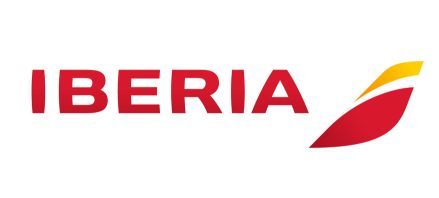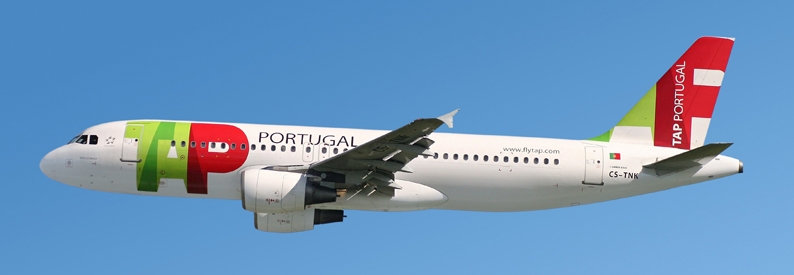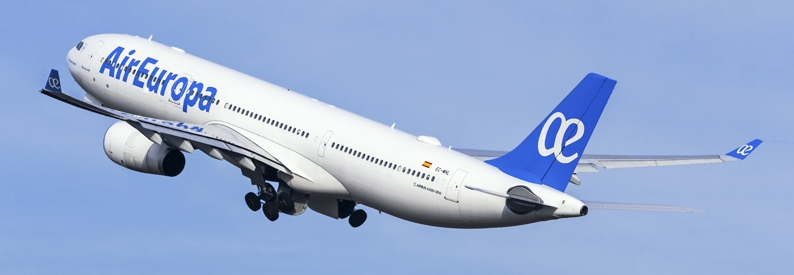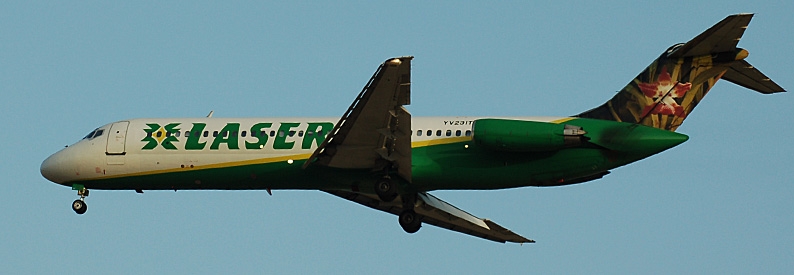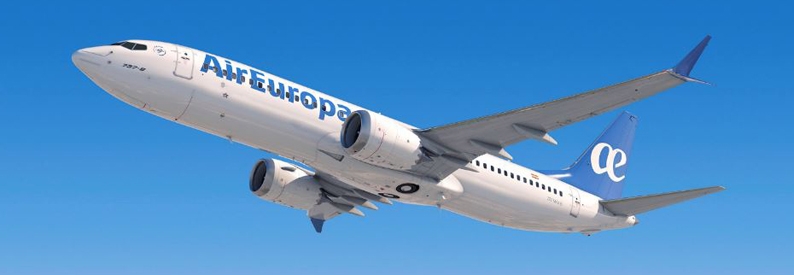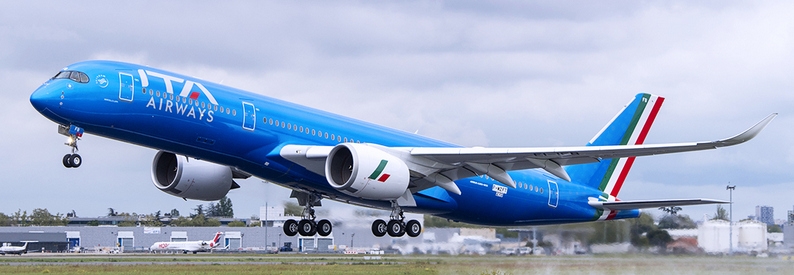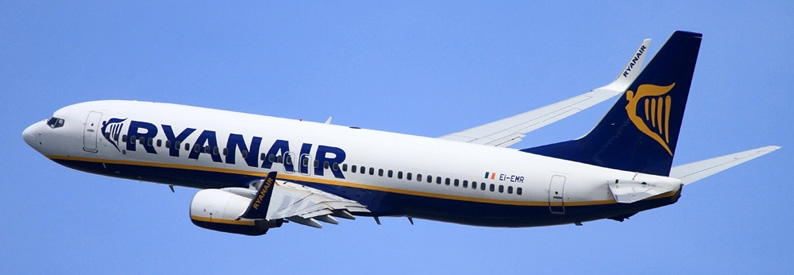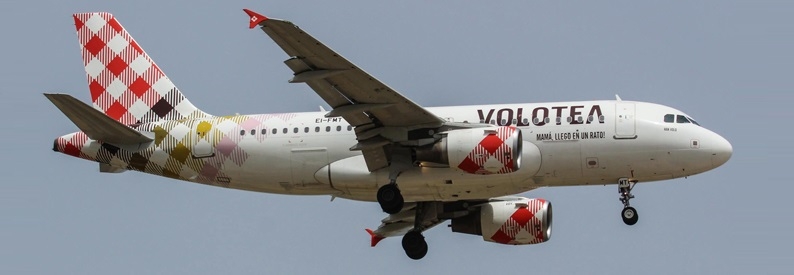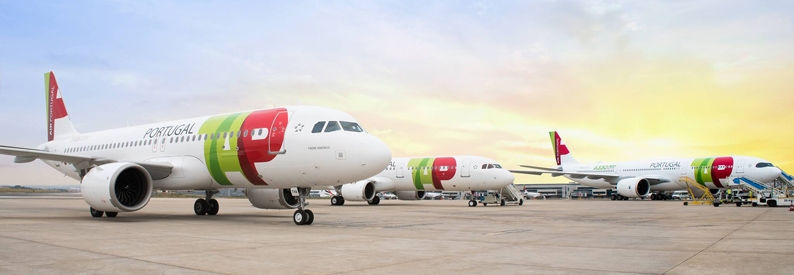With the impact of Brexit on the airline industry still not clear just days away from the end of the transition on December 31, France and Germany have reportedly rejected a softening of European Union rules that require EU-flagged airlines to have EU nationals control over 50% of their ownership and voting rights.
Spanish-led efforts, bolstered by support from Ireland and Hungary, have failed to loosen EU airline ownership rules in a draft post-Brexit aviation agreement with the UK as part of a broader trade deal, two sources told Reuters. They are worried about Brexit’s impact on IAG International Airlines Group as well as the likes of Ryanair (FR, Dublin International) and Wizz Air (W6, Budapest).
As previously reported, British investors will no longer be classed as EU investors after the Brexit transition ends next week. This presents a dilemma for airline groups that have a majority-UK shareholder base as well as EU-licensed carriers.
“There’s been a last-ditch effort from a few member states to get something more liberal in the agreement on ownership and control,” a source involved in the talks told the news agency. “There’s not a hope in hell of it happening. The big pushback came from France and Germany.”
The European Commission believes that any relaxation of the rules could open the door to countries in the Middle East, for example, acquiring bigger stakes in EU carriers.
Besides British Airways, IAG owns Aer Lingus, Iberia, and Vueling Airlines, but it has a substantial London shareholder base plus a 25% stake held by Qatar Airways, leaving EU investors as a small minority. IAG imposed a maximum limit on non-EU share purchases in February 2019 but removed it in January 2020.
Ryanair has warned that its own majority of non-EU shareholders may lose their voting and share purchasing rights if there is not more flexibility to the European Union’s rigid ownership rules.
At Wizz Air, which is based in Budapest but listed in London, US-based minority shareholder Indigo Partners cut its stake in February to 3.4% from 20.6% in an effort to make the carrier more compliant with EU ownership rules.
easyJet (London Luton), dependent on its easyJet Europe (EC, Vienna) subsidiary for some of its network after Brexit, has also been trying to increase the number of its EU investors, who currently own about 45% of the group.
These airlines claim that they are well-prepared for Brexit and that their respective ownerships have been approved by national regulators under Brussels supervision. But concerns remain that they may be vulnerable to legal challenges instigated by competitors. IAG’s transfer of most Iberia voting rights to the Madrid-based department store chain El Corte Inglés last year, for example, may not be seen in the courts as yielding, under the EU definition of control, “a decisive influence on the running of the business.”
